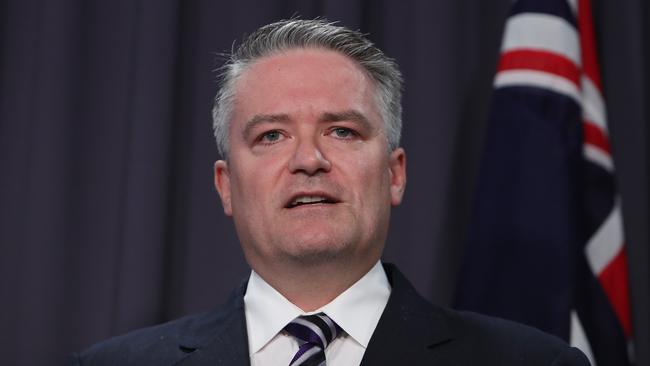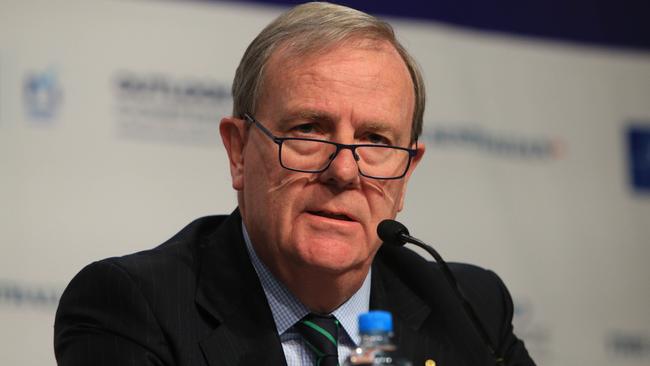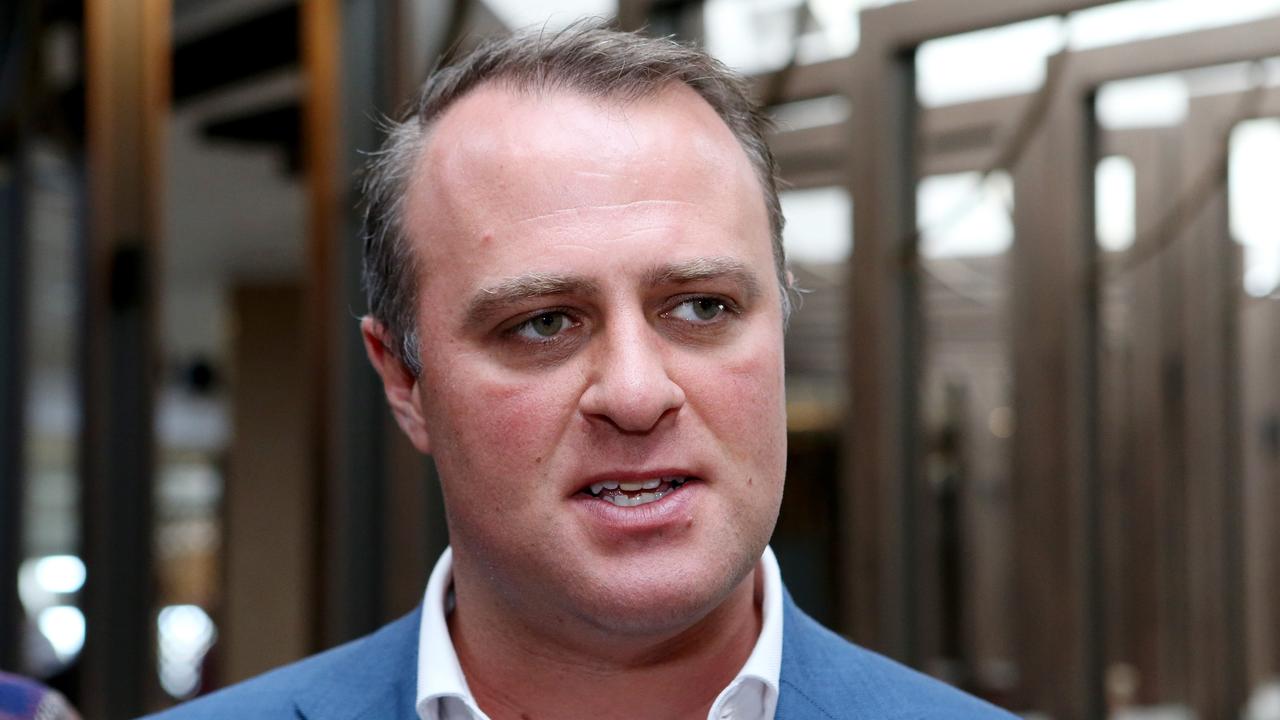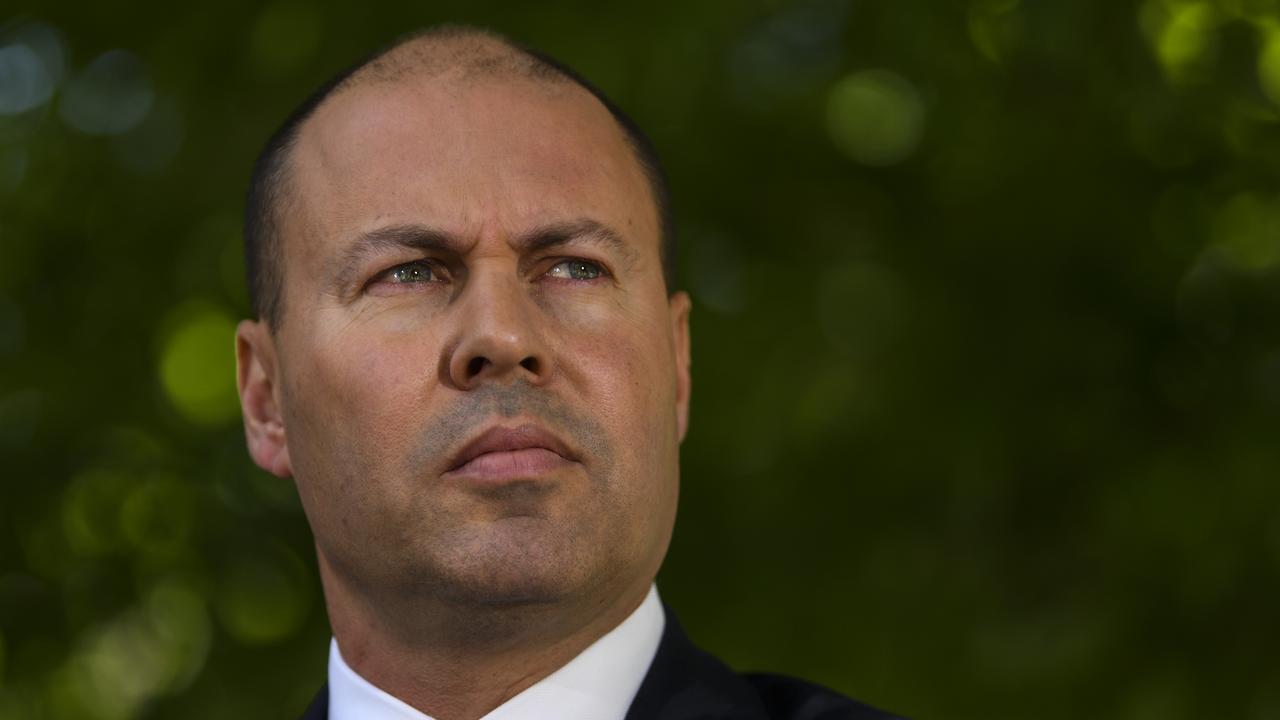Superannuation: how Mathias Cormann shot down government-run plan
Details have emerged of wrangling among MPs over a low-fee government-run foray into the $2.7 trillion super system.

A proposal to examine a business case for a government-run default superannuation fund was shot down by Finance Minister Mathias Cormann in deliberations before last year’s federal budget.
In talks between cabinet ministers in the lead-up to the budget, former financial services minister Kelly O’Dwyer argued that the government should formally review how a publicly backed low-fee government super option would work in practice, and the benefits and drawbacks of such a change in the system.
The idea was rebuffed by Mr Cormann, who was opposed to government intervention in the $2.7 trillion super system.
MORE: Worst super performers revealed
Following the Productivity Commission’s review of default superannuation released two weeks ago, Ms O’Dwyer has again publicly advocated for a system in which the Future Fund may manage superannuation.
Liberal MP Tim Wilson, who chairs the economics committee in the House of Representatives, has also backed the idea, which has been floated by Future Fund chairman Peter Costello.

Mr Cormann would not comment on cabinet talks, while a spokesman for Scott Morrison said a public super option “is not government policy”. Ms O’Dwyer declined to comment.
At the weekend, Ms O’Dwyer announced she would not contest the upcoming federal election, making the Minister for Jobs and Industrial Relations the latest high-profile female Liberal MP to desert the party.
While the Future Fund proposal is being considered by senior ministers, last year’s cabinet talks led to the idea being quashed. Ms O’Dwyer said a government fund would spur competition between union and employer-backed industry funds and bank-run retail funds that would be forced to compete with the government option, which would be likely find favour among many Australians. At the time, she was preparing superannuation legislation for the budget, including a bill to clamp down on fee gouging by super funds, rules to limit the charging of life insurance to young savers, and new powers for super regulators.
In its report, the Productivity Commission said the “biggest risk” with a government-run option was the political risk of the fund performing badly, which could lead to calls for taxpayers to top up returns.
In 2017, Mr Costello, said there was a “fair argument” that compulsory super payments should be allocated to a “national safety net administrator”.



